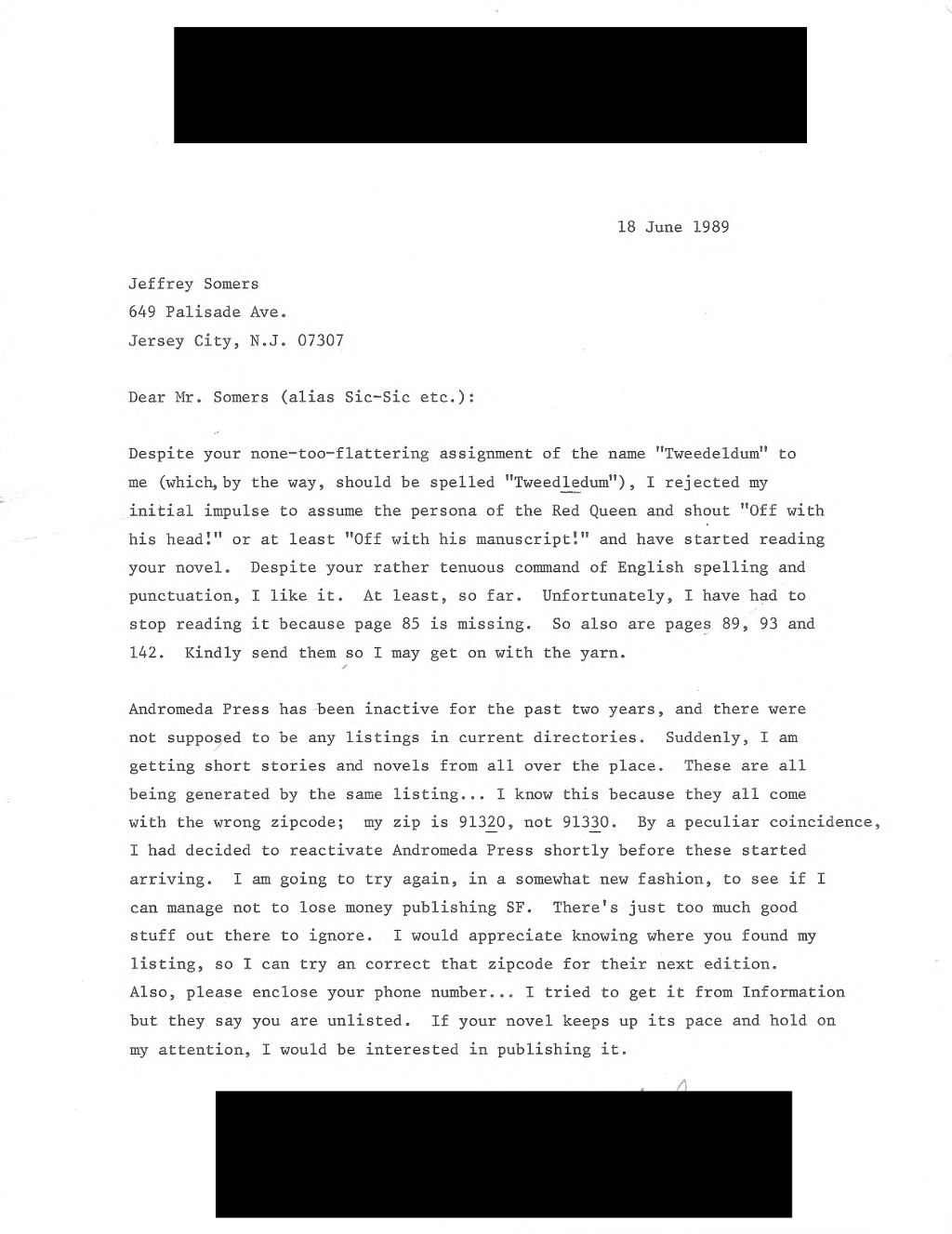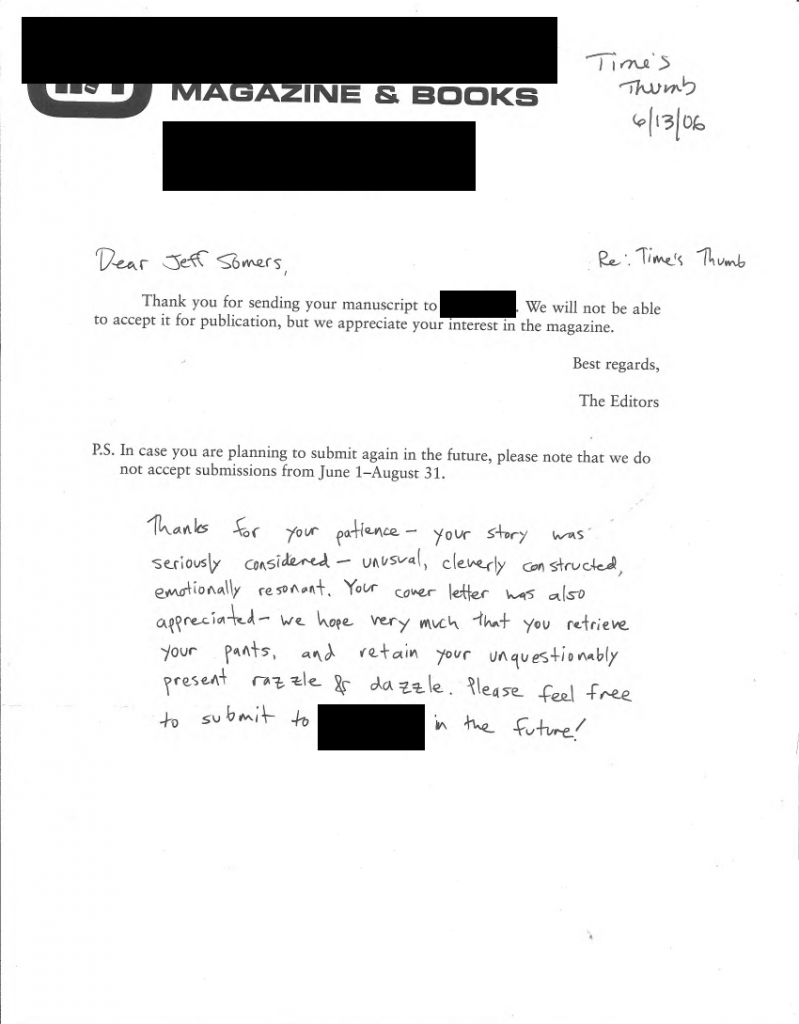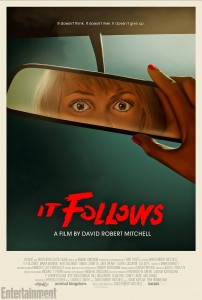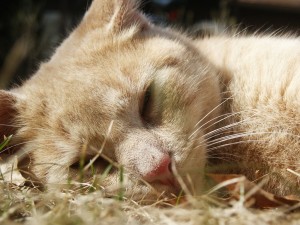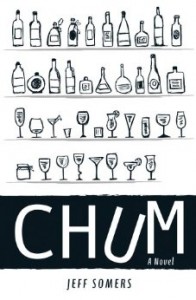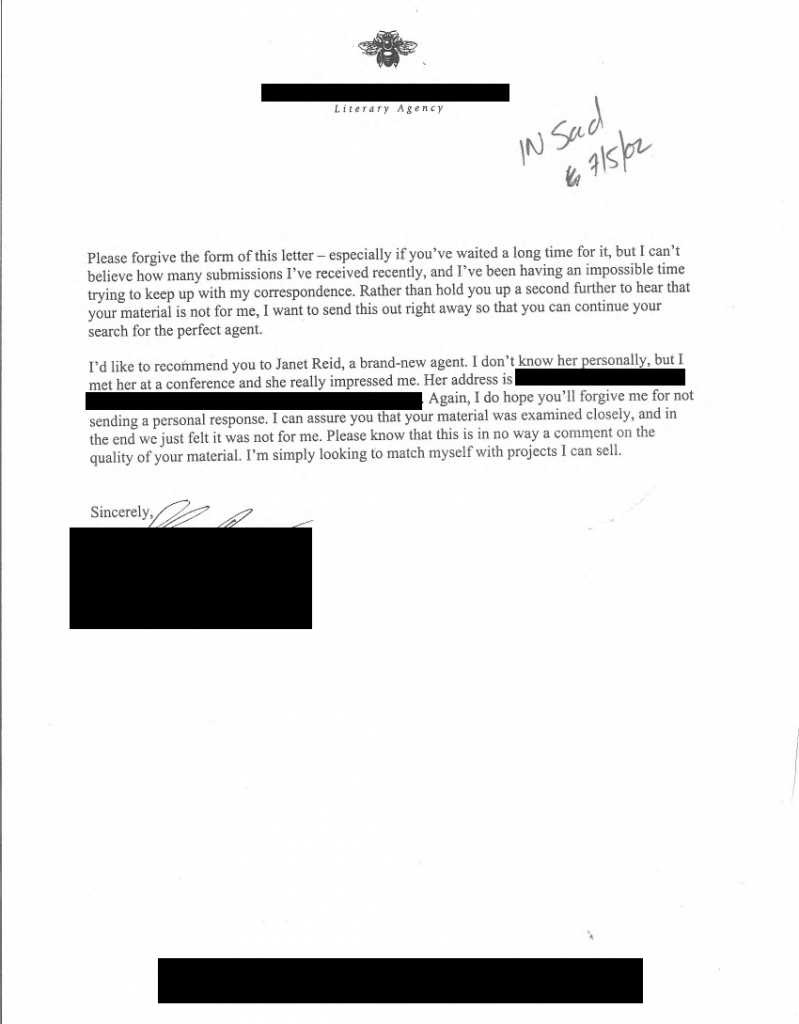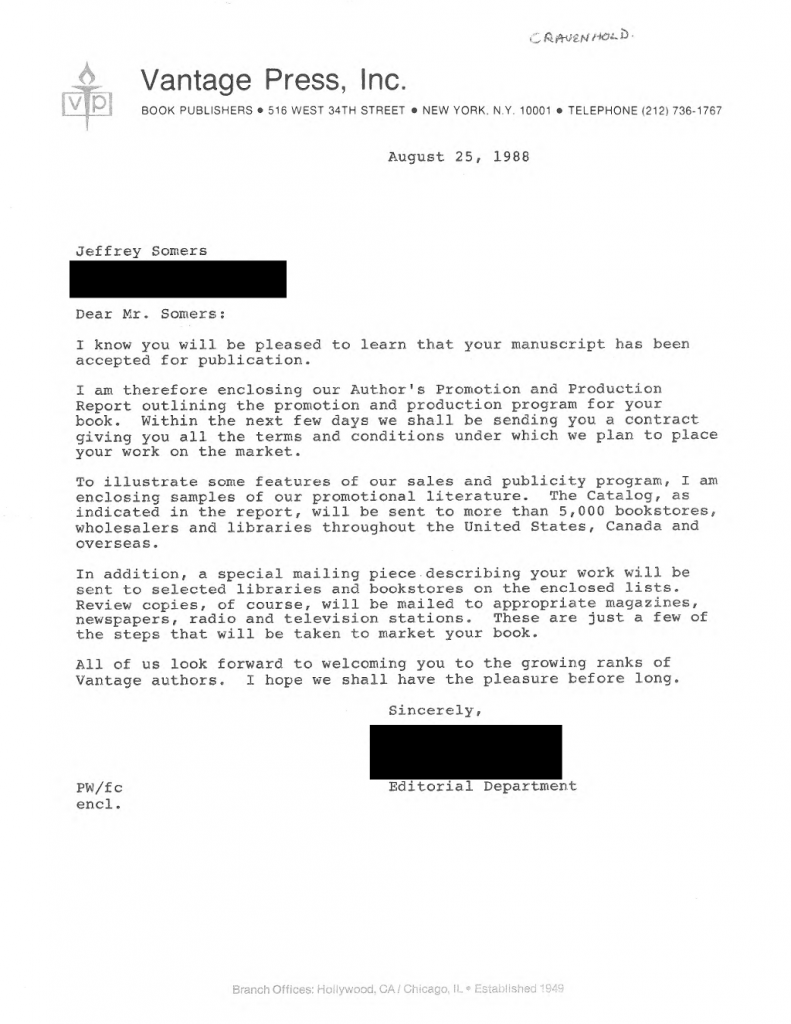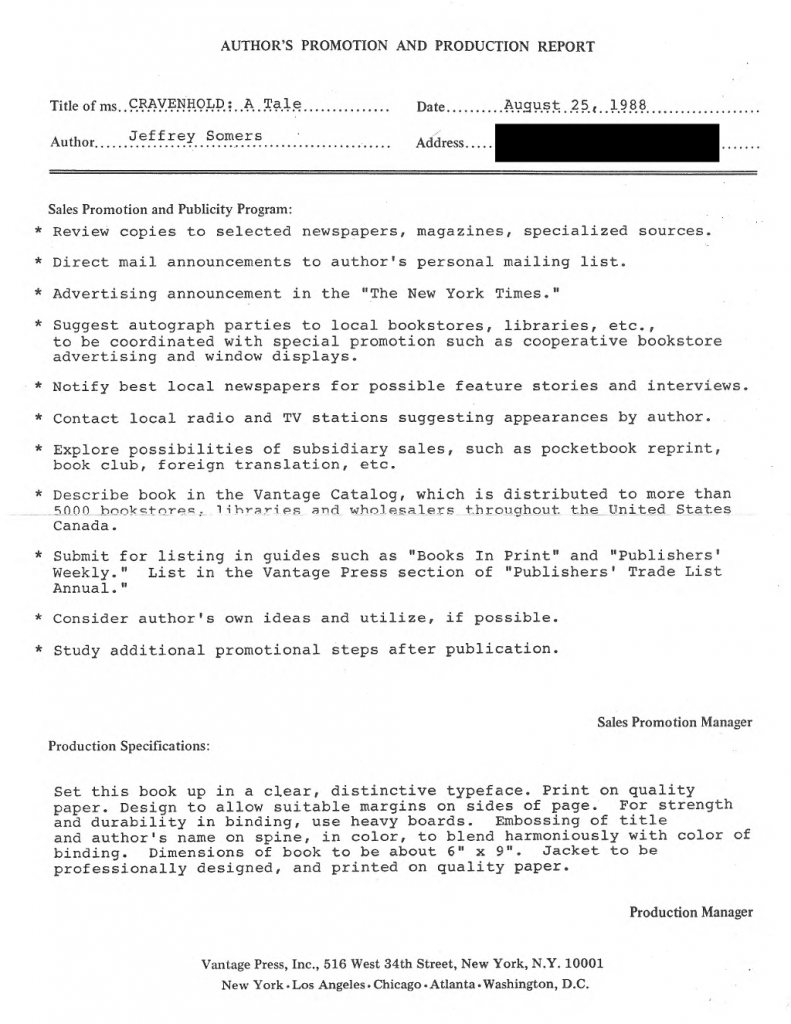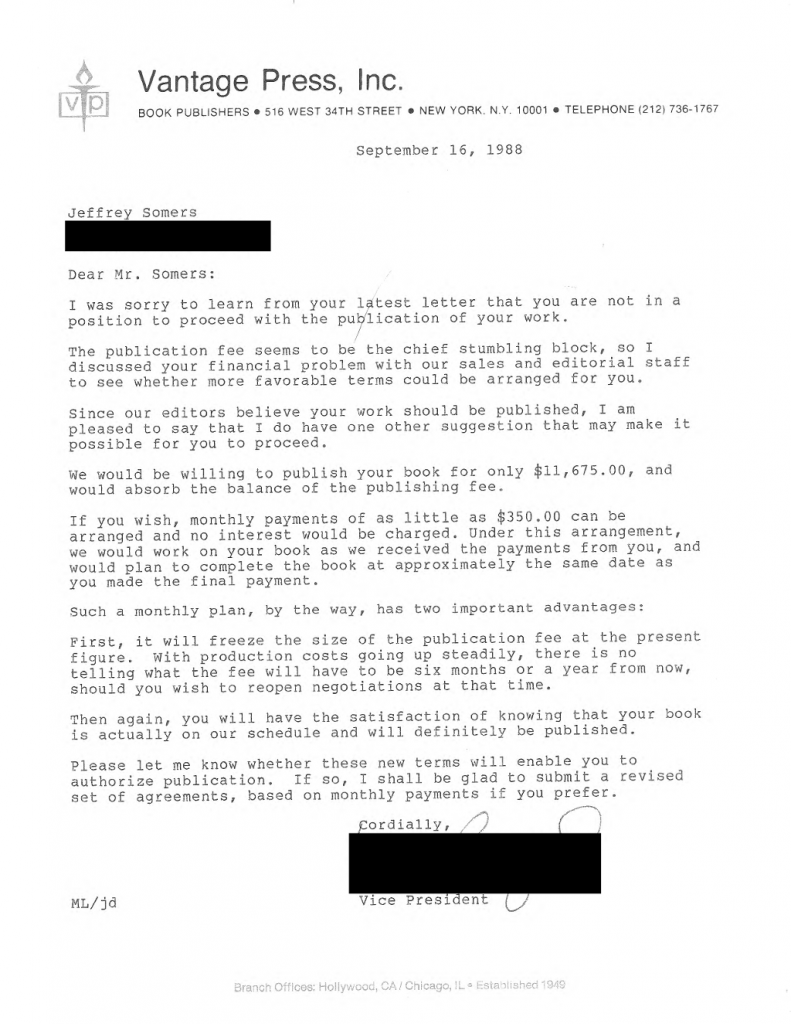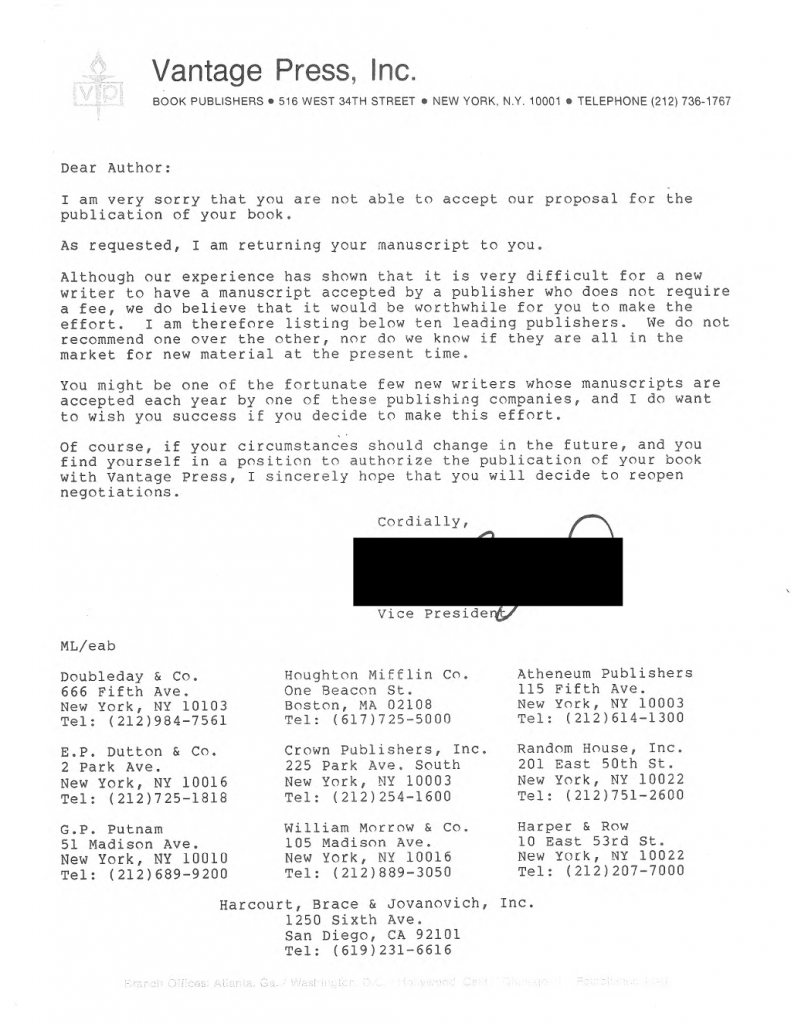A Few Quick Mad Men Thoughts
While I realize the universe is likely not waiting breathlessly for one more set of random thoughts on a TV show, I have always been that jackass that likes to bloviate endlessly about TV shows and the like, so let’s do this.
Watching the final episodes of Mad Men I’ve been struck by the way the show repeats patterns in different ways, generally following changes in the characters. In some ways, each of the principles is ending the show on a pitch-perfect note for their characters, the perfectly appropriate ending. Roger has come full-circle as the monied but irrelevant figurehead. Joan, who once advised all the girls to pursue husbands and not get too ahead of themselves, is cut short on her rise to power. Peggy, whose life has been dedicated (to the detriment of everything else) to her career, attacks her new job with gusto. Pete, lusting after executive success, finally gets a job that lives up to his expectations. Betty – sure, Betty is dead, but her final scene showed her back in school, flirting with the boys, like she’d always wanted. While some of the details of these fates are unexpected, you can line them up with Season One’s depiction of these characters.
The perfect example, which I suspect will show up in next week’s finale in some form, is simple enough: Don is running away again. Don Draper, coward, liar, creative force, is once again fleeing his life into the West.
He’s done this before, or tried to. When Pete Campbell threatened to expose him, he tried to run away. When his wife found out about his affairs and his lies and began to assert herself, he fled to California for a long time. Don has always run away, or dreamed of running away. It’s what he does.
The difference is that before, Don ran out of fear. Fear was what drove him, a desire to escape consequences. What’s he running away from here at the end of the season? Not fear: For once he has nothing to fear. He’s secure in his career (or could be), he’s got access to all the best accounts, he’s divorced, rich, and his kids are finally growing up. His relationship with poor Betty was on the upswing. He’s even day-drinking in a modestly controllable manner and hasn’t vomited, passed out, or pissed himself in front of other people in ages!
You could argue that he runs out of fear, that what inspires him to run is actually the sight of all those other Creative Directors, the competition. Maybe Don is terrified he’s lost “it” and can’t compete. Instead of a big fish in a small pond, he’s suddenly a guppy, and he runs in terror. The clue, for me, is the shot of the plane that captures Don’s attention right before he flees. It’s not fear. He looks around and realizes he has no desire to do this work any more.
No, Don’s running for other reasons, finally. He sits in a boring meeting and realizes he’s no longer the Golden Boy, he’s one of dozens of Creative Directors. He’s a cog. And he’s bored. So he does what I think anyone with an office job has dreamed of doing: He walks out of a meeting, away from millions of dollars, gives away his car, and seems happy about it all. Just walks out. Because it’s not fear, for once. He’s just ready to move on.
This is why I’ve really enjoyed the show. It’s thoughtful, and while it could be occasionally obvious in its metaphors, and sometimes a bit plodding with self-seriousness, it’s one of the few TV shows I’ve ever seen that explores themes and patterns over the course of the entire show, and not just for a brief episode arc. Don’s a runner, so he runs – but not always for the same reasons.



